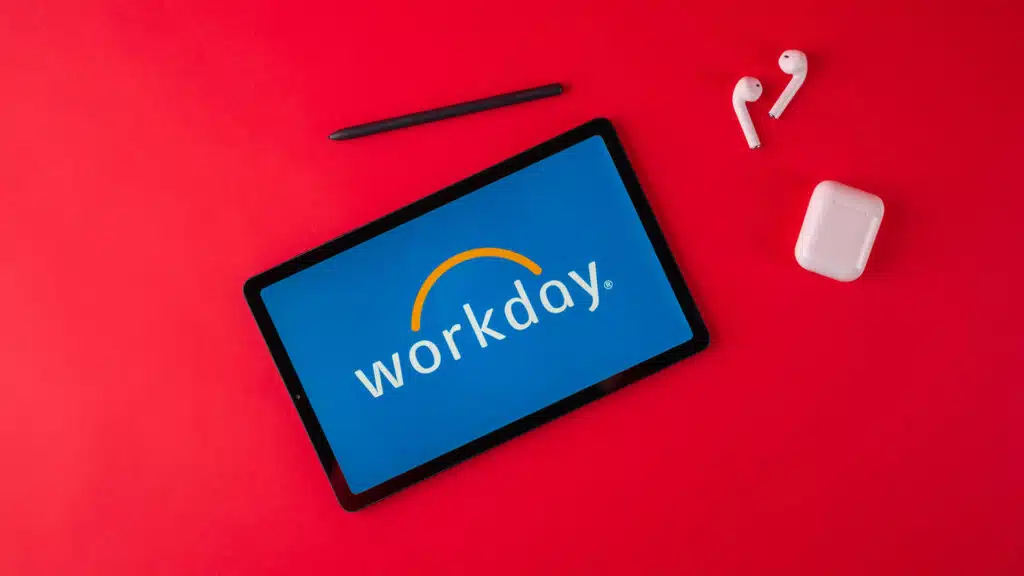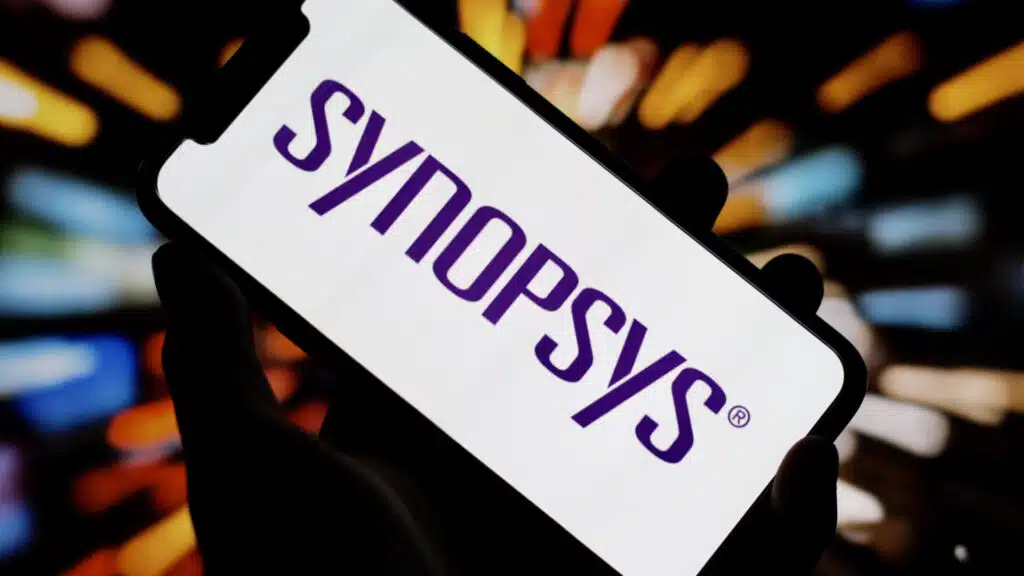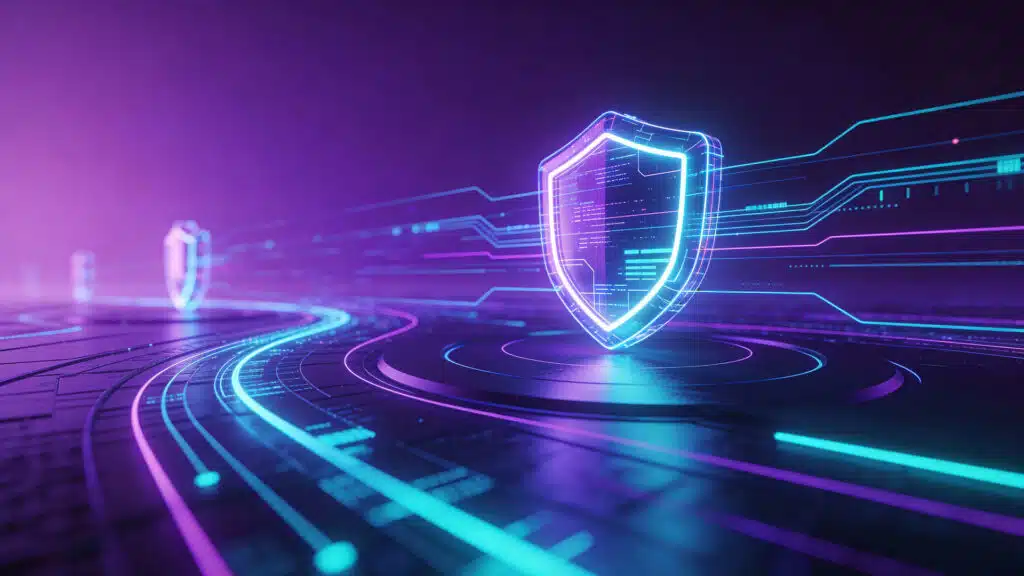Ericsson, the Swedish telecom equipment maker and a leading provider of 5G networking equipment in the US, has entered into an agreement to buy Vonage, the cloud communications provider based in New Jersey, for $6.2 billion in cash.
The agreement reflects a price per share of $21 for Vonage, a premium of 28% over the company’s share price on November 19, shortly before the agreement was made public. The deal is Ericsson’s biggest in years and comes after the company acquired Cradlepoint, the maker of wireless wide area networking equipment from Idaho, for $1.1 billion in 2020.
The acquisition of Vonage builds upon Ericsson’s goal of expanding worldwide in the enterprise market and spearheading the creation of a global network and communication for innovation, according to Borje Ekholm, president and CEO of Ericsson.
“The core of our strategy is to build leading mobile networks through technology leadership,” Ekholm said. “This provides the foundation to build an enterprise business. The acquisition of Vonage is the next step in delivering on that strategic priority. Vonage gives us a platform to help our customers monetize the investments in the network, benefitting developers and businesses.”
Vonage is home to its Vonage Communications Platform (VCP) and the application programming interface (API) within VCP. The VCP serves more than 120,000 customers, alongside registered developers worldwide in excess of 1 million. The API, on the other hand, allows developers to embed high-quality communications, including messaging, voice, and video, into applications and products without the need for backend infrastructure or interfaces.
Ekholm was enthusiastic about how the combined expertise and solutions from the merged companies could create opportunities to accelerate innovation. The drive to innovate could result in the development of advanced APIs made possible by 5G, Ekholm said. In turn, the advanced APIs could be applied to help ensure the quality of critical services like telemedicine, immersive virtual education, and autonomous vehicles, at the same time providing experiential performance benefits in gaming, augmented reality (AR), and extended reality (XR) over wireless.
Over the longer term, Ericsson hopes to create a global platform for open network innovation, the Ericsson statement said. The transaction, still subject to Vonage shareholder approval and regulatory scrutiny, is expected to close in 1H 2022.
Author Information
Alex is responsible for writing about trends and changes that are impacting the customer experience market. He had served as Principal Editor at Village Intelligence, a Los Angeles-based consultancy on technology impacting healthcare and healthcare-related industries. Alex was also Associate Director for Content Management at Omdia and Informa Tech, where he produced white papers, executive summaries, market insights, blogs, and other key content assets. His areas of coverage spanned the sectors grouped under the technology vertical, including semiconductors, smart technologies, enterprise & IT, media, displays, mobile, power, healthcare, China research, industrial and IoT, automotive, and transformative technologies.
At IHS Markit, he was Managing Editor of the company’s flagship IHS Quarterly, covering aerospace & defense, economics & country risk, chemicals, oil & gas, and other IHS verticals. He was Principal Editor of analyst output at iSuppli Corp. and Managing Editor of Market Watch, a fortnightly newsletter highlighting significant analyst report findings for pitching to the media. He started his career in writing as an Editor-Reporter for The Associated Press.







